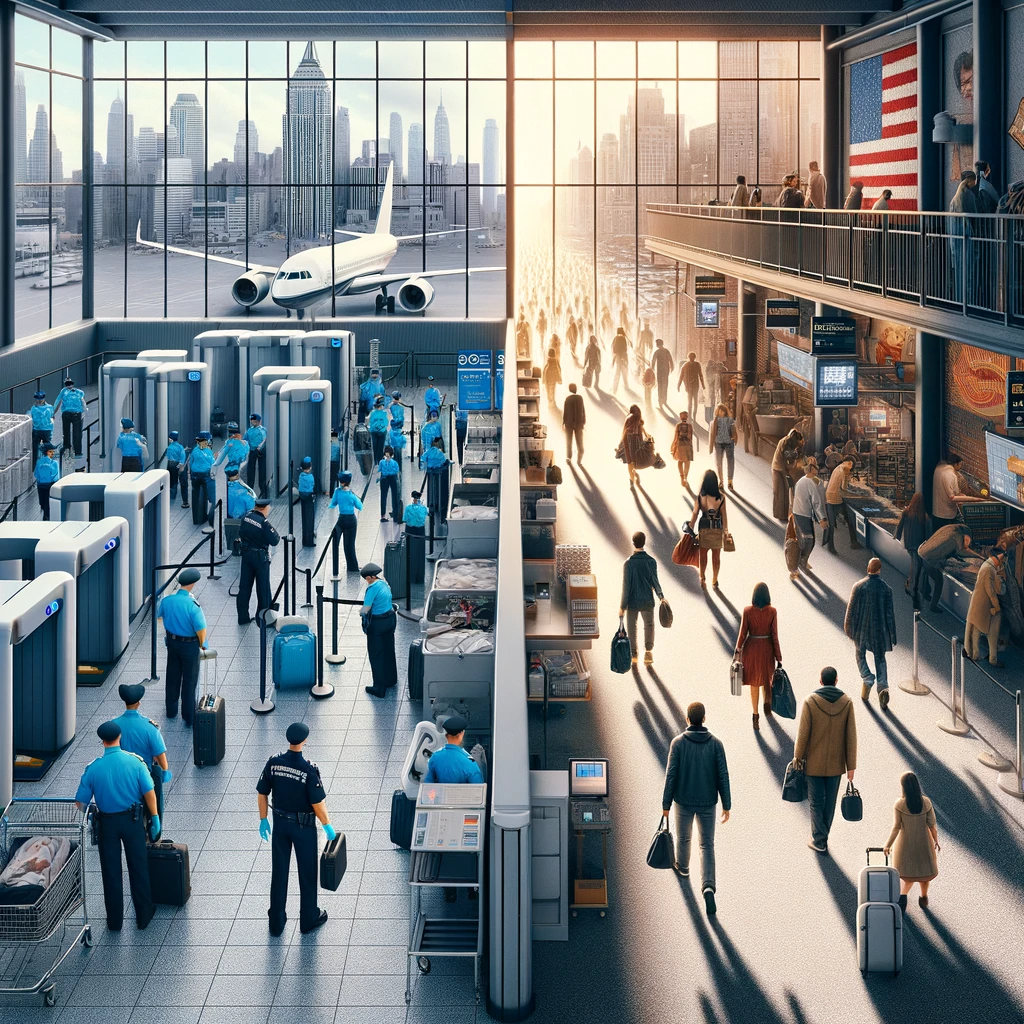Pandemic Preparedness: A Wave on the Horizon
Pandemic Preparedness: A Wave on the Horizon

Jan De Backer, PhD, MBA
As a surfer senses an approaching swell, so too should we attune ourselves to the undercurrents of global health. Recent reports from China regarding a surge in respiratory infections, particularly pneumonia in children, have reignited familiar concerns. The Chinese government assures us these pathogens are known entities, yet the echoes of past dismissals ring loud. The COVID-19 pandemic taught us the perils of underestimating such signals, and it’s imperative we take these early warnings seriously.
Reflecting on the aftermath of 9/11, airport security was forever transformed. Yet, astonishingly, the world has rapidly reverted to pre-pandemic norms following the COVID-19 crisis. The push for developing treatments for viral respiratory diseases has waned, and research into ‘long COVID’—the persistent, debilitating effects plaguing many survivors—has been largely sidelined. This is a disservice to the countless patients still grappling with the condition’s aftermath.
One undeniable triumph of the pandemic has been the advancement of mRNA vaccines. These marvels of modern science stand as a testament to human ingenuity and resilience. However, vaccines, while potent, are not infallible. Their efficacy varies against different viruses and mutations, and societal divides—fueled by political climates—have fostered skepticism and resistance. If these life-saving tools are to reach their full potential, bridging these divides is essential but at the same time a monumental task in the current political environment.
Now, as we observe the ripples from China, we must recognize this as a gentle reminder, a nudge towards continued vigilance. As a surfer respects the ocean’s power, so must we respect the ever-present threat of respiratory pandemics. Our journey shouldn’t end with COVID-19; it should merely be a checkpoint. Research and development in the realms of respiratory viral infections, acute respiratory distress syndrome, and sepsis must persist.

Following 9/11, airport security was forever changed, however, the world has rapidly reverted to business as usual following the COVID-19 crisis.
From the chessboard perspective, our strategy should encompass a comprehensive understanding of lung diseases and the impact of medical interventions. It’s not just about creating solutions; it’s about effectively integrating these advancements into care models. These models must evolve to deliver timely, efficient, and technology-driven care to those battling respiratory conditions.
In essence, the news from China isn’t just a distant murmur; it’s a clarion call. We must balance our forward stride with a vigilant eye on the rearview mirror. The lessons from COVID-19 are clear: complacency is our greatest enemy, and preparedness our most reliable ally. As both surfers and chess players in this grand game of global health, our moves should be calculated, yet agile, always ready to adapt to the changing tides of pandemic threats. Let’s not allow the hard-earned lessons of the past to dissolve into the sands of complacency. Instead, let’s harness them to forge a future where readiness and resilience are our default stance.

